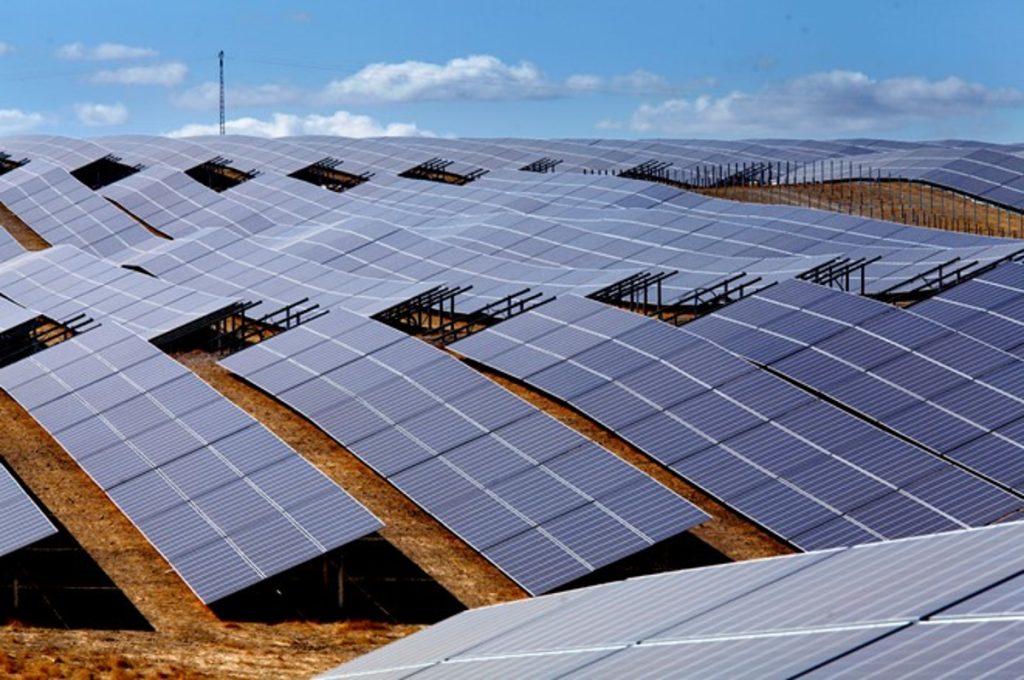The rise of solar energy has sparked a surge in the deployment of solar panels worldwide, heralding a promising shift towards renewable energy sources and a greener future. However, this rapid expansion has also given rise to legal battles, pitting proponents of solar power against various stakeholders, including utility companies, governments, and homeowners. At stake in these legal disputes are not just financial interests but also the fundamental principles of energy transition, environmental sustainability, and property rights. One of the most contentious issues surrounding solar panels is the implementation of net metering policies. Net metering allows homeowners and businesses with solar installations to feed excess energy generated back into the grid, effectively running their electricity meters backward and earning credits or compensation from utilities. While net metering has been instrumental in incentivizing solar adoption, it has sparked intense debates over fair compensation for solar producers.
 Utility companies argue that net metering shifts the burden of maintaining the power grid onto non-solar customers, leading to a decline in revenue and higher electricity costs for those who cannot afford solar panels. Conversely, solar advocates assert that net metering recognizes the value of decentralized energy production, encourages private investment in renewable infrastructure, and accelerates the transition to clean energy. Another critical legal battle revolves around the right to access sunlight. As solar installations proliferate, conflicts arise between neighbors or property owners over shading issues. Tall buildings or vegetation obstructing sunlight can significantly reduce the efficiency of solar panels, leading to potential disputes over property rights and the reasonable use of land. These cases often require courts to balance individual property rights with the broader societal benefits of renewable energy adoption. In some regions, local governments have imposed restrictions or permitting requirements on solar installations, citing aesthetic concerns or worries over potential declines in property values.
Utility companies argue that net metering shifts the burden of maintaining the power grid onto non-solar customers, leading to a decline in revenue and higher electricity costs for those who cannot afford solar panels. Conversely, solar advocates assert that net metering recognizes the value of decentralized energy production, encourages private investment in renewable infrastructure, and accelerates the transition to clean energy. Another critical legal battle revolves around the right to access sunlight. As solar installations proliferate, conflicts arise between neighbors or property owners over shading issues. Tall buildings or vegetation obstructing sunlight can significantly reduce the efficiency of solar panels, leading to potential disputes over property rights and the reasonable use of land. These cases often require courts to balance individual property rights with the broader societal benefits of renewable energy adoption. In some regions, local governments have imposed restrictions or permitting requirements on solar installations, citing aesthetic concerns or worries over potential declines in property values.
Homeowners’ associations, in particular, have been known to place strict guidelines or outright bans on visible solar panels. The conflict between individual property rights and the collective drive to combat climate change adds another dimension to the legal battles surrounding can solar panels be illegal. Furthermore, large-scale solar projects face challenges in securing land rights and permitting. Solar farms, which require vast areas of land can encounter opposition from environmental groups concerned about the loss of natural habitats or agricultural interests wary of converting fertile land into solar fields. Balancing the need for renewable energy infrastructure with the preservation of ecologically sensitive areas and traditional land uses becomes a complex issue in these legal battles. Ultimately, these legal battles over solar panels are not solely about financial gain or loss; they are about shaping the trajectory of our energy landscape and environmental stewardship.
Recent Comments